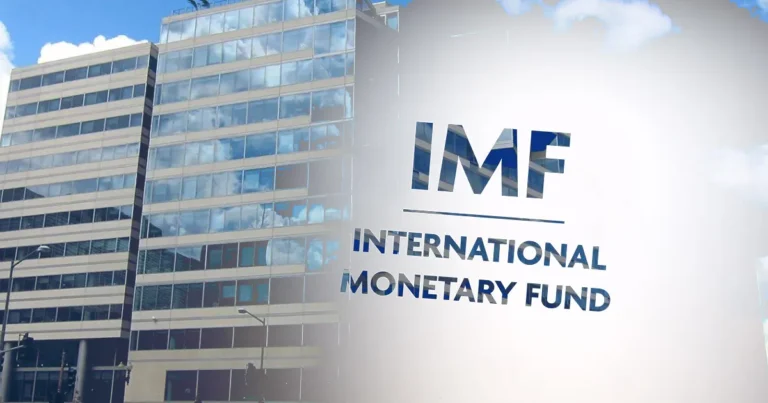28-5-2025 – President Nayib Bukele’s ambitious cryptocurrency accumulation strategy faces fresh scrutiny following the International Monetary Fund’s declaration that it will actively prevent any expansion of El Salvador’s governmental bitcoin reserves—a position that directly contradicts the leader’s unwavering commitment to digital asset investment.
The central American nation’s parliament moved swiftly to accommodate international lending requirements, enacting legislative amendments that integrated IMF stipulations into the country’s groundbreaking Bitcoin Law. These modifications notably transformed bitcoin payment acceptance from mandatory to voluntary for private sector enterprises.
Financial backing worth approximately $3.5 billion awaits El Salvador through this comprehensive arrangement, with the World Bank and additional institutions expected to supplement the IMF’s core contribution. The Executive Board’s February approval paved the way for an initial $120 million disbursement, contingent upon subsequent board authorisation.
This latest IMF pronouncement emerged alongside confirmation that both parties have achieved staff-level consensus on the Extended Fund Facility’s inaugural review—a critical milestone in the ongoing financial partnership.
The 40-month financing package, anchored by a $1.4 billion IMF loan, materialised from December negotiations wherein El Salvador agreed to curtail bitcoin-related governmental activities in exchange for crucial economic support. The fund characterises the nation’s cryptocurrency holdings as carrying potential risks that remain unrealised but warrant careful monitoring.
Bukele’s defiant stance regarding bitcoin accumulation has remained unchanged despite international pressure, with the president asserting in March that global criticism and perceived abandonment by cryptocurrency advocates would not deter his digital asset strategy. His recent social media activity highlighted over $357 million in unrealised gains from the country’s bitcoin portfolio.
The IMF’s programme specifically targets El Salvador’s macroeconomic and structural vulnerabilities whilst seeking to constrain governmental cryptocurrency engagement. However, Bukele’s Tuesday reposting of the IMF announcement conspicuously omitted commentary on the restrictions, leaving observers uncertain about the administration’s future digital currency policies.


